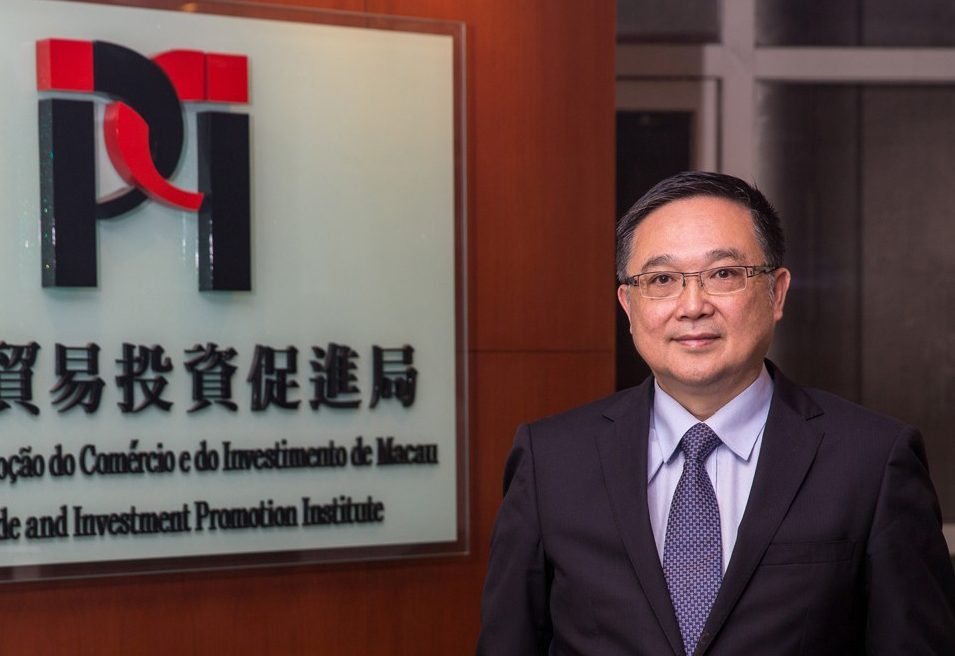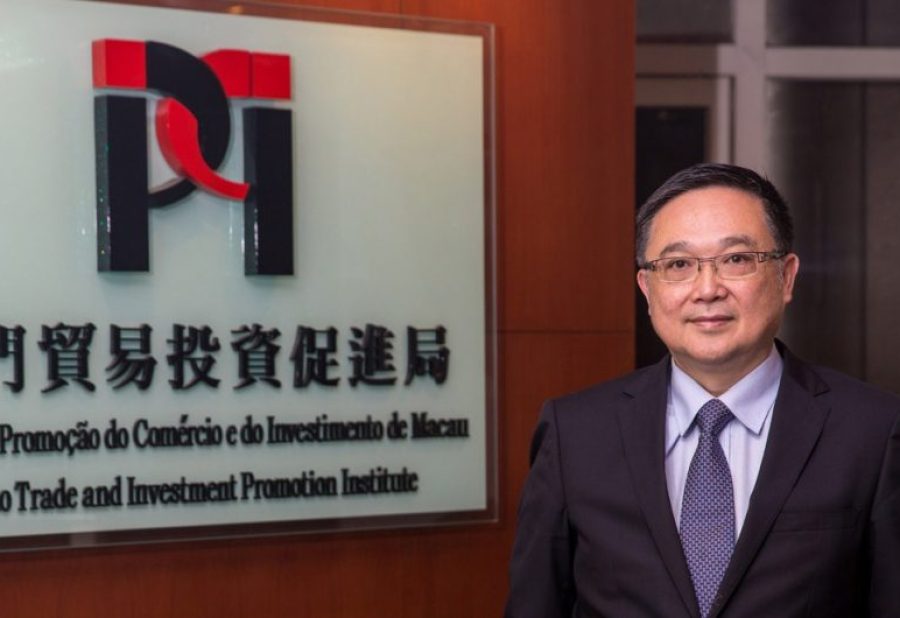The Macau Commission Against Corruption (CCAC) has completed the investigation into the criminal case involving the former President of the Board of Directors Jackson Chang and Glória Batalha Ung, a former member of the Executive Committee of the Macao Trade and Investment Promotion Institute (IPIM), together with Miguel Ian Iat Chun a former chief of the IPIM’s Residency Application and Legal Affairs Division, who allegedly committed crimes such as passive corruption to perform illicit acts, document forgery, breach of secrecy and power abuse, etc. in the process of vetting and approving the applications for “major investment immigration” and “technical immigration”.
According to the CCAC announced on Friday “the investigation has been completed and the case has been transferred to the judicial agency. “
Based on the suggestion of the Public Prosecutions Office, the judge of the Court of Criminal Instruction approved that the former President of the Board of Directors of the IPIM would remain in custody.
“After an in-depth investigation, the CCAC found that the former president of the IPIM colluded with a syndicate by providing illegal assistance to the latter in making immigration applications for others and actively facilitating the approval of the fraudulent applications,” the CCAC statement released by the Macau Information Bureau (GCS) said.
It also came to light that Jackson Chang, through his wife, daughter and his mistress in the Chinese mainland, received illicit advantages from the syndicate for a long time, such as kickbacks, jobs and shares of companies.
Furthermore, the former president allegedly violated the provision of “inaccurate data” set forth in the Legal Regime of Declaration of Assets and Interests by concealing his assets when making the asset declaration.
During the investigation, it came to light that between 2010 and 2018, a local business couple colluded with some other individuals to provide “one-stop services” to apply for “major investment immigration” or “technical immigration” on behalf of others by making use of over 50 companies opened or controlled by them and fabricating investment projects, professional experiences and employment relationships in order to make huge illicit profits.
The CCAC found that the syndicate, through false transfer of stake of the “shell companies” they held or controlled to the applicants, fabricated the investment projects and investments in the companies so as to have them apparently met the requirements for “major investment immigration”.
At the same time, they continued to control those companies by secretly signing agreements. In order to have applicants meet the requirements for technical immigration, the syndicate fabricated employment of them in management or specialised technical positions such as “general manager of human resource department” or “electrical system engineer” by the “shell companies” held by them as well as falsely stated their working experiences and fabricated payroll records.
Through fabricating major investment projects, professional experiences or employment relationships, the syndicate collected huge amount of money as “agency fee” from those applicants, who actually did not meet the requirements for immigration, involving a sum of over MOP 10 million.
The couple and other individuals involved in the case allegedly committed active corruption, criminal association, document forgery and use of fake documents.
During the investigation, the CCAC found that in the process of applying for “major investment immigration” or “technical immigration” by fraudulent means on behalf of someone, the syndicate would make an entry in its book-keeping records that 20 to 30 percent of the agency fee was payable to the IPIM as “consulting and miscellaneous fees” or “consultation fee”.
The CCAC also found in the investigation that a department chief of the Pension Fund, who was a former chief of the IPIM’s Residency Application and Legal Affairs Division, was directly involved in the criminal activities relating to the fraudulent immigration applications made by the aforesaid syndicate.
Gloria Batalha Ung, a former member of the Executive Committee of the IPIM also allegedly provided illicit assistance and disclosed internal confidential information to two “technical immigration” applicants so their applications were approved easily. Her acts allegedly constituted power abuse and breach of secrecy.






